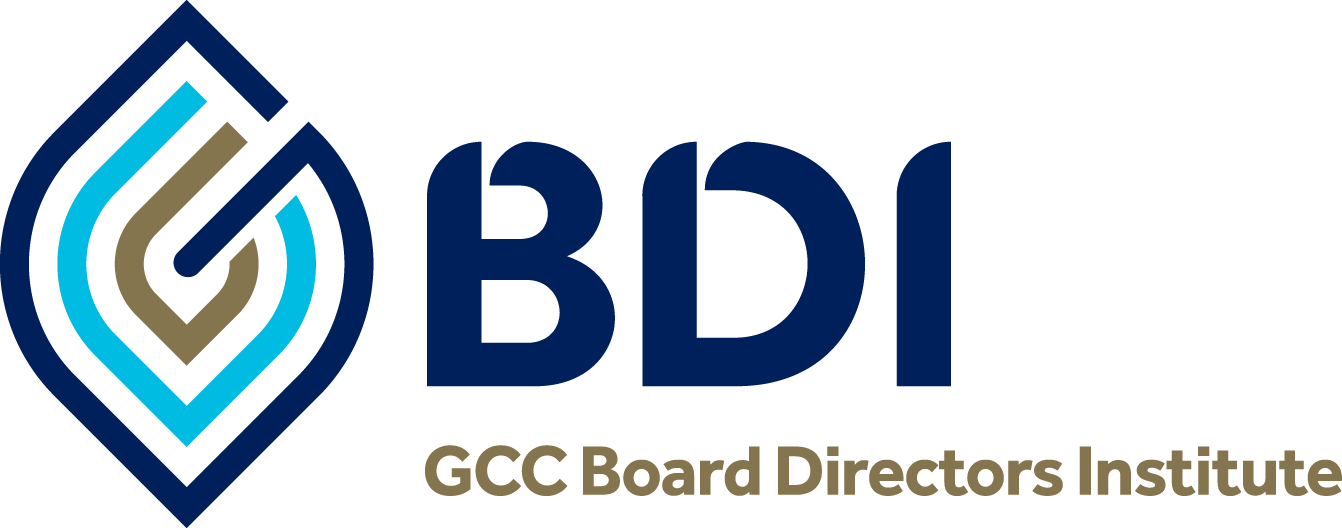Interview with Dr. Zahra Al Nasser
1. Tell us about your career journey and how you came to serve on a board.
I am Dr. Zahra Al Nasser, and I hold a PhD in Corporate Governance at Trinity College Dublin. My career began in the academic world, where I focused on research, consultation, and training. During this time, I developed a deep understanding of governance principles and their critical role in the success of organizations.
As I advanced in my career, I transitioned into the corporate world, where I had the opportunity to apply my knowledge and expertise to real-world governance challenges. This shift allowed me to engage with various organizations, helping them improve their governance frameworks, refine decision-making processes, and enhance overall accountability and transparency.
Working in the corporate sector has provided me with invaluable insight into the practical aspects of governance, offering both opportunities and challenges. I have been able to contribute to organizations by addressing gaps in governance practices and building more resilient, effective systems. This hands-on experience has enriched my understanding of the complexities of corporate governance and fueled my passion for creating positive change.
I was selected for my expertise and experience, and I currently serve on several boards.
2. What are you most proud of and why?
One of the accomplishments I’m most proud of is publishing my book in Arabic on corporate governance—a topic I became deeply passionate about during my PhD research. I identified a significant gap in the Arabic literature, particularly in practical resources that address governance challenges within the context of listed companies in Saudi Arabia.
My book presents real case studies of Saudi companies that faced serious consequences, including delisting, due to poor governance practices. Through in-depth analysis, I explored the specific weaknesses in their governance frameworks and provided insights into how these issues could have been avoided with more effective structures, policies, and accountability mechanisms. So these companies represent Billion-riyal companies exited the market in a short period. Companies with over 20,000 employees couldn’t survive and left the market.
Other companies tried to recover multiple times but failed. Companies were fined more than one billion riyals. What is the oversight and governance role of the company?
What makes this work especially meaningful to me is that it bridges academic research and real-world application, in a language and context accessible to local professionals and decision-makers. I believe governance is not just about compliance about building sustainable organizations—and this book is my contribution to that mission in the region.
In addition, I published a paper with the Capital Market Authority focusing on The Impact of the Development of Corporate Governance Regulations and Policies on Investors’ Confidence in Companies Listed on the Saudi Arabian Stock Exchange (TADAWUL). This paper further emphasizes the importance of governance frameworks in boosting investor trust and market stability.
3. What are your professional areas of expertise and what skills do you bring to the boardroom?
I hold a PhD in Corporate Governance from Trinity College Dublin, one of the highest-ranking and most respected universities in Europe. My academic and professional focus has been deeply rooted in governance, and I bring both theoretical knowledge and practical insights into how governance systems can be optimized for better performance.
My expertise lies in identifying governance gaps and developing effective solutions that improve decision-making, accountability, and organizational transparency. I have a passion for analyzing weaknesses in governance structures, whether at the policy, procedural, or strategic level—and transforming them into strengths through clear frameworks, well-defined delegation of authority, and effective policies and procedures.
I approach governance not just as a compliance requirement, but as a critical enabler of long-term success. I bring to the boardroom a strategic mindset, analytical thinking, and a deep understanding of how top-down governance structures impact every level of the organization. My ability to translate complex governance challenges into actionable solutions helps boards operate more effectively and ethically.
4. What are the benefits that diversity can bring to the boardroom, including women on boards?
Gender diversity brings a range of perspectives that enriches decision-making and enhances organizational performance. Women often bring different leadership approaches and communication styles that can foster more inclusive, collaborative, and thoughtful discussions. These varied viewpoints can help the board consider a broader range of risks and opportunities, leading to more balanced and effective decisions.
Research consistently shows a positive relationship between gender-diverse boards and firm performance. Companies with women on their boards tend to exhibit stronger governance, reduced earnings management, and better alignment with stakeholder interests. These boards are often more diligent and transparent, which helps in building trust with investors and the public.
5. What is your advice for women who are aspiring to leadership and board positions?
My advice to women aspiring to leadership and board roles is to start with deep knowledge of your field. Expertise is the foundation of credibility, and when you truly understand your industry, you’re better equipped to make impactful decisions and earn the respect of your peers.
Equally important is embracing your own leadership style. There’s no single way to lead—what matters most is being authentic. Whether your approach is collaborative, visionary, or detail-oriented, lean into your strengths and develop confidence in your unique voice.
In board settings, preparation is essential. Go into meetings well-informed and ready to contribute. Understand the agenda and anticipate the key points of discussion. When you're prepared, you can speak with clarity and assertiveness, which helps ensure your voice is not only heard but also taken seriously.
Having a voice at the table means more than just occupying a seat—it’s about actively engaging, asking the right questions, and being part of shaping the direction of the organization. Don’t be afraid to challenge ideas constructively or present a different viewpoint. Your perspective is valuable, and your presence can pave the way for others.
